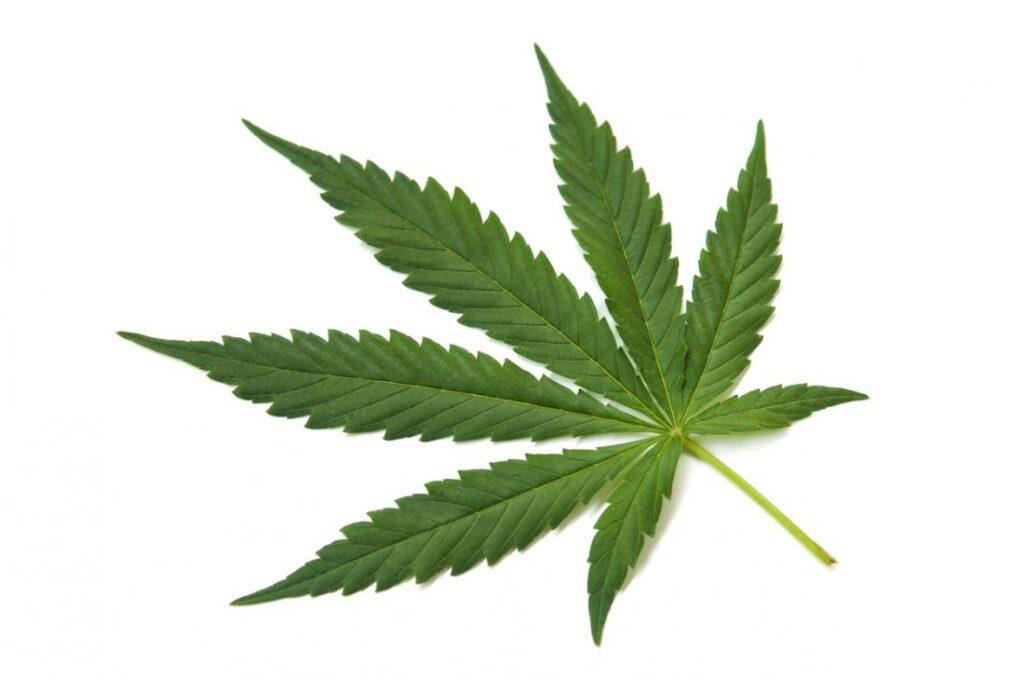According to a new study published in the journal Drug and Alcohol Dependence, retail beer sales declined in Canada following the legalization of recreational marijuana in 2018.
 “There is increasing interest in understanding the impact of non-medical cannabis legalization on use of other substances, especially alcohol”, states the study’s abstract “Evidence on whether cannabis is a substitute or complement for alcohol is both mixed and limited.” With that in mind, this study “provides the first quasi-experimental evidence on the impact of Canada’s legalization of non-medical cannabis on beer and spirits sales.”
“There is increasing interest in understanding the impact of non-medical cannabis legalization on use of other substances, especially alcohol”, states the study’s abstract “Evidence on whether cannabis is a substitute or complement for alcohol is both mixed and limited.” With that in mind, this study “provides the first quasi-experimental evidence on the impact of Canada’s legalization of non-medical cannabis on beer and spirits sales.”
Researchers used “the interrupted time series design and monthly data on beer sales between January 2012 and February 2020 and spirits sales between January 2016 and February 2020 across Canada to investigate changes in beer and spirits sales following Canada’s cannabis legalization in October 2018. We examined changes in total sales, nationally and in individual provinces, as well as changes in sales of bottled, canned and kegged beer.”
Canada-wide beer sales fell “by 96 hectoliters per 100,000 population (p=0.011) immediately after non-medical cannabis legalization and by 4 hectoliters per 100,000 population (p>0.05) each month thereafter for an average monthly reduction of 136 hectoliters per 100,000 population (p<0.001) post-legalization”, found the study. “However, the legalization was associated with no change in spirits sales. Beer sales reduced in all provinces except the Atlantic provinces. By beer type, the legalization was associated with declines in sales of canned and kegged beer but there was no reduction in sales of bottled beer.”
The study concludes:
Non-medical cannabis legalization was associated with a decline in beer sales in Canada, suggesting that consumers may be substituting non-medical cannabis for beer. However, there was no change in spirits sales following the legalization.






